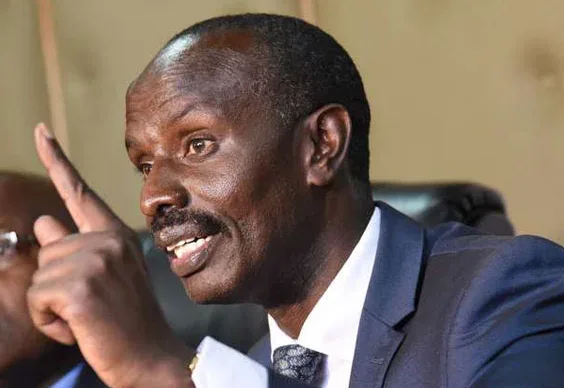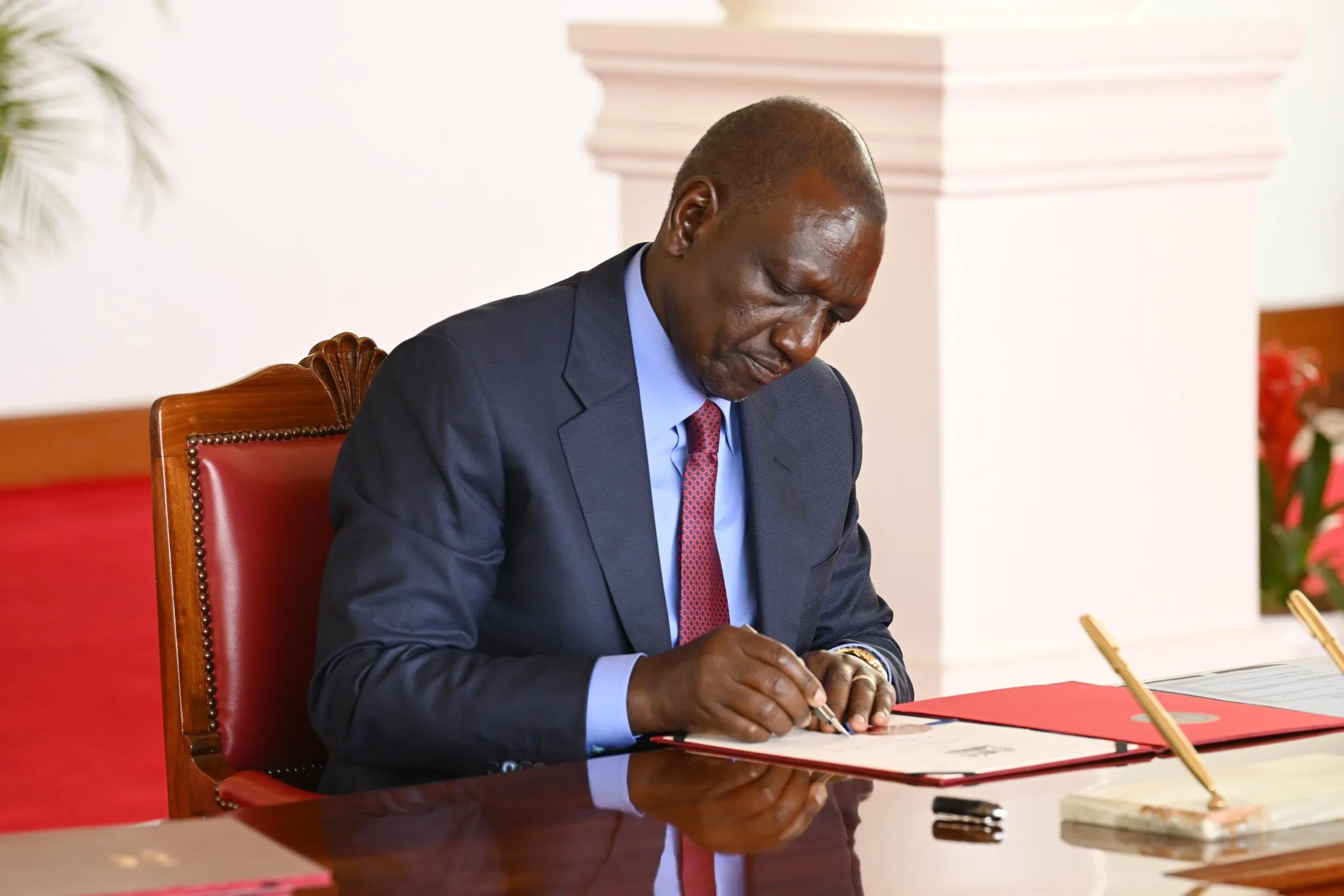Wilson Sossion: Timely Funding, Teacher Training and Recruitment Crucial for Education Reform.
Wilson Sossion, a former MP and Secretary-General of KNUT, emphasized the importance of urgent reforms in Kenya’s education sector during a recent panel discussion.
He argued that improving teaching standards requires upgrading school infrastructure, hiring sufficient teachers, and ensuring timely funding. Below are the key highlights of his remarks.
Sossion noted that Kenya’s education system has faced unnecessary disruptions in recent years.
He traced the issues back to the shift from the 7-4-2 structure to the 8-4-4 system, describing it as a structural change without significant systemic improvements. According to him, both systems adhered to an outcomes-based curriculum aligned with international standards.
However, the introduction of the Competency-Based Curriculum (CBC) raised concerns. Sossion argued that CBC lacked professional grounding and was heavily influenced by foreign models, leading to widespread skepticism among educators.
Reflecting on past leadership, Sossion credited the Kibaki administration with significant progress in education.
Policies such as free primary education, affordable secondary schooling, and the establishment of universities in every county laid a strong foundation. In contrast, the subsequent administration introduced too many initiatives, leading to confusion and inefficiencies that now require rectification.
Current Reforms and Funding Challenges
The current government’s efforts to reform the curriculum and school structure have been commendable, according to Sossion.
A key recommendation from the Presidential Working Party was the adoption of a comprehensive school model. This approach allows students from pre-primary to Grade 9 to remain in primary schools, thereby reducing costs for households.
Key funding allocations include:
| Level | Annual Capitation per Child |
|---|---|
| Junior Secondary (Grade 7-9) | KSh 15,000 |
| Free Primary Education | KSh 4 billion |
| Senior Secondary Education | KSh 29 billion |
Sossion highlighted a recent government policy ensuring 50% of capitation funds are disbursed in the first term, 30% in the second, and 20% in the third.
He stressed the importance of timely disbursements, urging the Treasury to release funds before schools reopen. Delays, he argued, disrupt procurement and other essential school processes.
A major challenge lies in the shortage of adequately trained teachers for the new curriculum. Sossion described this as a “tragedy” that cannot be resolved overnight but called for focused efforts to address it. Upgrading school infrastructure and deploying more teachers are crucial for the success of the comprehensive school model.
“The government must prioritize the timely hiring of trained educators and the improvement of school facilities,” Sossion emphasized.
He expressed pride in the progress made so far but acknowledged that much work remains.
Read Also: KCSE Results: Record-Breaking Results Put Kagumo High School in the Spotlight
Future Prospects: STEM and Pathways
Despite his criticisms of CBC, Sossion praised its emphasis on pathways, particularly the push to channel more students into Science, Technology, Engineering, and Mathematics (STEM) fields. However, he pointed out that achieving this goal requires significant preparation, including the utilization of existing but underused classrooms.
“Empty classrooms are an opportunity, not a setback,” he remarked, urging stakeholders to capitalize on available resources while addressing gaps in teacher training and infrastructure.
Wilson Sossion: Timely Funding, Teacher Training and Recruitment Crucial for Education Reform
Follow Teachers Updates on Facebook, LinkedIn, X (Twitter), WhatsApp, Telegram, and Instagram. Get in touch with our editors at [email protected].



Discussion about this post